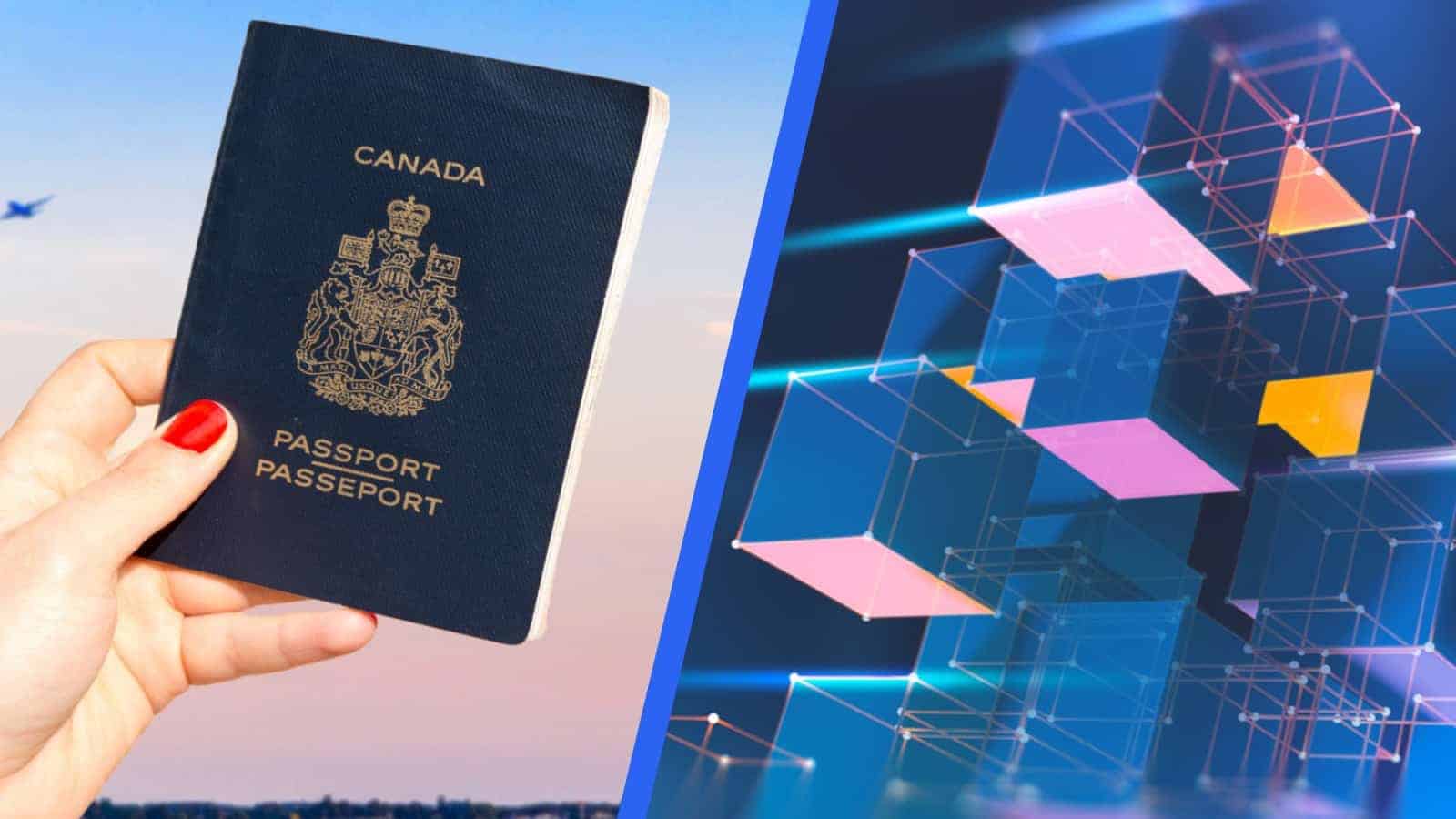The Canadian Border Services Agency and the Port of Montreal are launching a pilot project to trial a blockchain shipping solution developed by IBM and Maersk. Here’s a look at how the Canadian Border and second largest port are applying blockchain in their pilot program.
Maersk and IBM’s TradeLens
In this specific case, the use of blockchain technology aims to streamline the freight shipping procedure. TradeLens is a digitized platform which has the potential to replace the entire paper trail associated with shipping and receiving.
Because freight passes through many regulatory and port bodies throughout their shipping journeys, there is significant room for error. The Port of Montreal and the Canadian Border have adopted Maersk and IBM’s TradeLens to overhaul customs, and the shipping supply chain more broadly.
Blockchain at the Canadian Border
The Canadian Border Services Agency is one of the first border agencies to implement blockchain solutions. The CBSA has partnered with Port Authority at the Port of Montreal for this project. The two plan to utilize IBM’s TradeLens to implement a unilateral approach to the shipping.
Furthermore, they aim to create a single, secure supply chain. What this means is that each step for all shipments entering Canada will be recorded on a blockchain. Smart contracts will also be utilized in the procedure, creating and fulfilling a set of conditions every step of the way.
The pilot project aims to achieve a modernized work process by replacing outdated procedures and combatting pressure points such as increasing market demands and cargo volumes. In addition, the use of blockchain technology will reduce the chance of human error.
More Ports and Borders Join TradeLens
#Blockchain can play an integral role in digitizing and reinventing shipping for agencies like @CanBorder says @IBMCanada President Ayman Antoun https://t.co/vdn5VFxHdY pic.twitter.com/85sdeVNq3m
— IBM Canada (@IBMCanada) October 25, 2018
TradeLens is the result of a collaboration between Maersk and IBM. The tech giants have compiled a team of employees from both companies to lead the initiative.
TradeLens launched in August 2018. As of now, more than 90 organizations are on board. Some of which include Pacific International Lines, Australian and Netherlands customs, ports of Singapore, and more.
If the pilot project is a success, the Canadian Border and Port of Montreal will adopt the technology and update their procedures accordingly. To date, they have not finalized the duration of the pilot project.
Similar international blockchain projects around underway across the world. Recently, Amazon Web Services partnered with QTUM in China.


